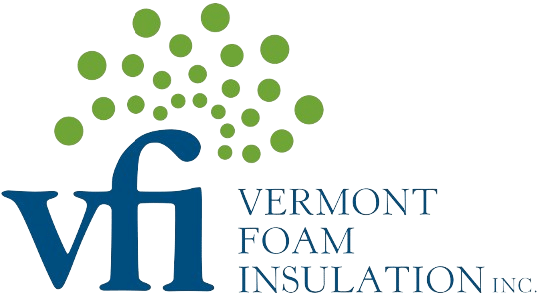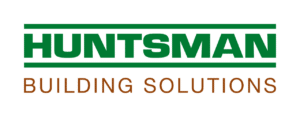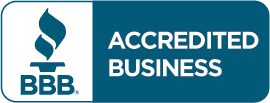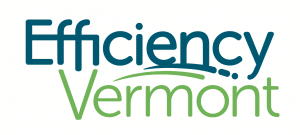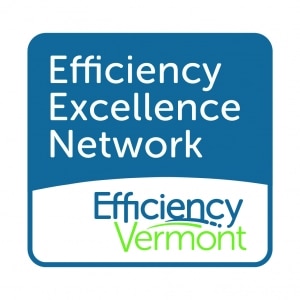Building a new home in Vermont requires adherence to stringent air leakage codes — but it also provides an opportunity to improve the long term energy efficiency, comfort, and even health of the occupants for the lifetime of the home. Vermont Foam Insulation, a leader in building performance and spray foam insulation upgrades 2006, offers a variety of solutions that can help builders that specialize in new construction meet these requirements, upgrade building performance, and increase customer satisfaction.
Vermont’s Air Leakage Code Requirements
The Vermont Residential Building Energy Standards (RBES) set specific air leakage requirements for new residential construction. These standards are designed to reduce uncontrolled air leakage through the building envelope, which can significantly impact a home’s energy efficiency and comfort.
WHAT YOU NEED TO KNOW:
- New residential buildings must have an air leakage rate that does not exceed 2 air changes per hour or 0.15 CFM50/sq.ft. Building Surface Area of all six sides of the building.
- Testing Standards: Air leakage testing must comply with RESNET/ICC 380, ASTM E779, or ASTM E1827 standards, and reported at a pressure of 0.2 inches w.g. (50 pascals).
- Tests must be conducted by an applicable BPI Professional, a HERS Rater, HERS Field Inspectors, or a Vermont Department of Public Service approved air leakage tester.
- A written report of the results of the test shall be signed by the party conducting the test.
- Air leakage testing shall be reported on the RBES Certificate in units of A) CFM50, B) air changes per hour at 50 pascals (ACH50), and C) CFM50/sq.ft. Building Shell area of all six sides of the building.
The Role of Insulation in Meeting Air Leakage Codes
Proper insulation is crucial in meeting air leakage requirements. Both open-cell and closed-cell spray foam insulation are effective at sealing air leaks by expanding to fill gaps, and then permanently hardening. Both spray foam insulation types also offer the best R-value per inch of any material, and are extremely effective at preventing energy loss. Closed-cell spray foam also acts as a vapor barrier, providing additional moisture control benefits.
Cellulose, fiberglass, and mineral wool insulation are effective at insulating cavities and preventing air movement, contributing to a tighter building envelope. Through proper insulation installation and air sealing, Vermont Foam Insulation can get your new construction project to near-exact air leakage levels, ensuring you meet or exceed energy code compliance.
Common Air Leakage Points
Identifying and sealing common air leakage points is essential for achieving compliance. Common leakage points include:
- Attics, Including and Roof Penetrations
- Windows and Doors
- Basement and Crawl Spaces
Blower door testing in Vermont is the trusted method to identify and measure air leaks, ensuring that all areas are properly sealed. At Vermont Foam Insulation, we “test in, test out” — taking the results from the first blower door test and using our extensive building science experience to seal up leaks, then testing again to ensure the quality of our work.
Sustainable Building Practices in Vermont
Vermont is known for its commitment to sustainable building practices. Achieving energy code compliance through proper air sealing and insulation aligns with the state’s goals of reducing energy consumption and minimizing environmental impact. Using materials like spray foam insulation supports these sustainable practices by improving the building’s overall performance.
Vermont Foam Insulation: Your Partner in Energy-Efficient Construction
With extensive experience and a focus on building science, Vermont Foam Insulation is well-equipped to help you meet air leakage requirements. Their team of certified professionals uses advanced techniques and high-quality materials to ensure your new construction meets and exceeds the RBES standards.
Our New Construction Services:
- Spray foam insulation
- Cellulose and mineral wool insulation
- Basement moisture management and prevention
Air leakage code compliance is a critical aspect of new construction in Vermont. By understanding the requirements and utilizing the expertise of Vermont Foam Insulation, you can ensure your home is energy-efficient, comfortable, and built to last.
